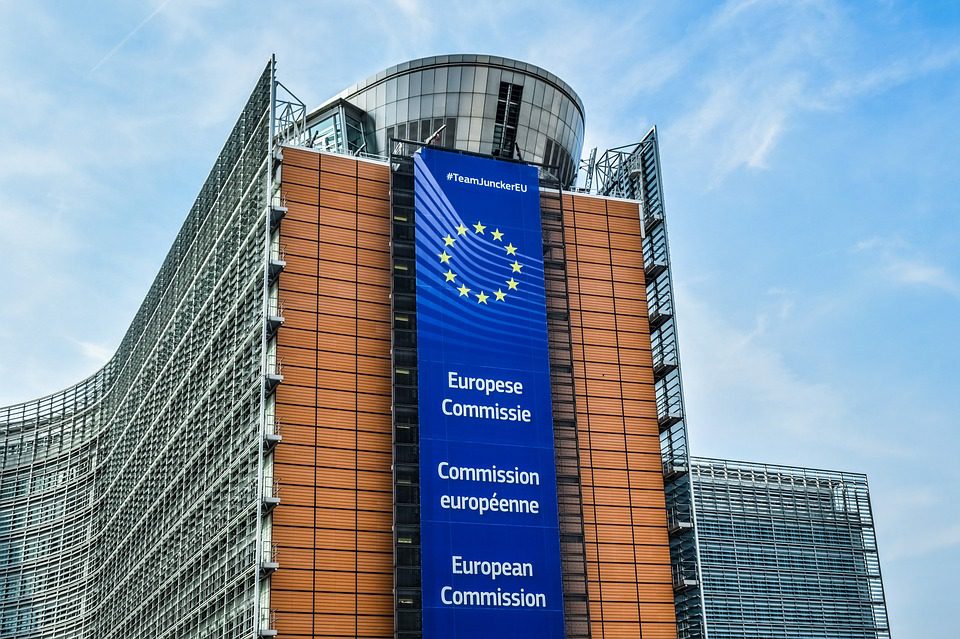The European Commission has completed its no-deal Brexit preparations should the UK crash out of the EU with no arrangement on April 12.
Announcing the completion in Brussels today (Monday, March 25), the commission said in a statement that the EU has prepared for this scenario and has remained united throughout its preparations.
To date, the commission has tabled 19 legislative proposals, of which 17 proposals have been adopted or agreed by the European Parliament and Council.
Formal adoption of all those files by the European Parliament and Council is currently taking place. Two proposals are to be finalised by the two co-legislators in due course, the statement noted.
State aid
Regarding the need for financial resources and/or technical assistance, the EU’s existing state aid rules make it possible to address problems encountered by businesses in the case of a no-deal Brexit.
The Rescue and Restructuring Guidelines contain provisions on temporary restructuring support schemes for SMEs, which could be useful to address their liquidity problems caused by Brexit, the EU notes.
Access to finance is possible in various formats, e.g. through state-financed lending schemes respecting the reference rate, according to the commission.
Measures
The no-deal contingency measures include a continuation of the PEACE programme on the island of Ireland until the end of 2020 and further efforts to continue and strengthen cross-border support in the border counties.
Regarding financial services, temporary, limited measures are set down to ensure that there is no immediate disruption in the central clearing of derivatives, central depositaries services for EU operators currently using UK operators, and for facilitating innovation, for a fixed period of 12 months.
Other contingency measures touch on issues including: fishing rights and compensation; air connectivity and safety; road connectivity; rail connectivity; ship inspections; climate policy; the Erasmus + Programme; social security entitlements; visa reciprocity; and the re-alignment of the North Sea – Mediterranean Core Network Corridor.
According to the commission, the measures do not mitigate the overall impact of a no-deal scenario.
These proposals are temporary in nature, limited in scope and will be adopted unilaterally by the EU. They are not ‘mini-deals’ and have not been negotiated with the UK.
“The EU has maintained – and will continue to maintain – a fully united position throughout its preparations, and during any possible “no-deal” period,” the commission said.
In addition, the commission has published 90 sector-specific preparedness notices, providing guidance to different sectors affected by Brexit.
